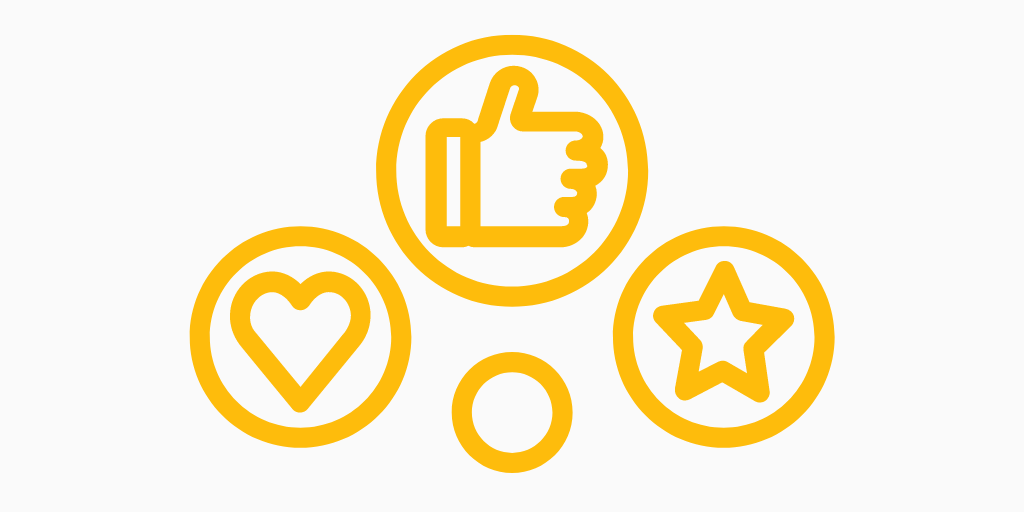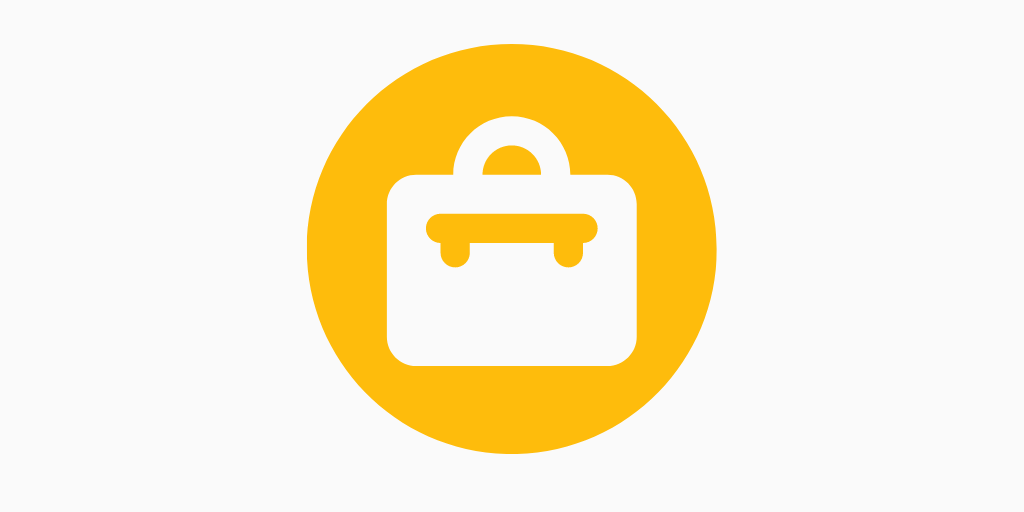How to get the most out of work experience
You can get work experience in school, college, university and beyond. It can be arranged by a teacher, lecturer or careers leader. It can also be arranged privately through family and friends.
Work experience is your chance to get a taste of work life, explore different skills you could grow, find out what you might enjoy… and get something to put on your CV.
Once you get your work experience placement, here are some ways to make the most of it…
Make a good first impression
Here are some ways to impress your employer as soon as you walk in the door:
- Turn up on time
- Dress suitably (you can check with the person who arranged the work experience)
- Show a polite and friendly attitude
- Show you are eager to learn and enjoy the experience
- You don’t need skills, qualifications or experience to make a great first impression!
Get to know people
Aim to show how polite and friendly you are. Smile at people, because your smile can help people warm to you straight away even if you don’t speak with them. Introduce yourself to those you’ll be spending time with.
If you’re not sure what to say, you can ask people what they do and how they started out – they will be happy to tell you.
If people ask you about yourself, be ready to share a little about your interests, any subjects you enjoy, and any thoughts you have on what sort of work you may want to do one day. Not sure? You can say you are exploring your options, so you are keen to learn more about the company and what people do there!
TIP: With so many new faces and names to remember, you may find it helps to make a note of someone’s name and role when you meet them.
Listen carefully, make notes and ask questions
Listening is an important part of communication skills. It can help you feel more organised during your work experience too. When you listen and really pay attention it is called active listening. Actively listen to any instructions you are given and to what people say when they talk about themselves, their role, or the company.
Make a note of whatever you need to know, whether it’s work tips, deadlines, or dates. You can also note down your reflections and thoughts on the day. This can help you remember important details if you are asked to give feedback after your experience. It can also help you remember the new skills you learned and activities you took part in for writing your CV and job applications.
Get active and take part!
Offer to help people, whether it’s making teas and coffees or offering your time as an extra pair of hands on future projects.
If you are given any activities or tasks, show your enthusiasm! Have a go and give it your best. Ask questions to show you are thinking about the task. Get involved.
If you want to make a really great impression, you can aim to do more than was asked of you. It shows you have a great attitude towards learning new things and caring about your work.
Follow up with the employer
Once your work experience has ended, check in with your teacher, lecturer, careers adviser, parent, or whoever arranged the work experience. Ask them how best to reach out to the employer and thank them for the experience.
For example, you may want to email the person managing you on the day and:
- Thank them for their time (after all, the company put a lot of effort into making this experience happen)
- Say what you especially appreciated and enjoyed about the experience
- If you’d like to work for them one day, say you’d be grateful to hear of any suitable opportunities coming up in the future.
Following up your work experience with a thank you message shows organisation, initiative, and a great work attitude. Even if you don’t want to work at that company, it will help the employer remember you for all the right reasons!
Take time to reflect on your experience
You may be asked to offer feedback on your work experience.
If you are asked by the employer, you can be diplomatic and focus on the positive – after all, they might give you a job one day.
If you are asked by a teacher or careers professional arranging the work experience, you can be honest while showing you appreciate how useful work experience can be in general.
It’s also important to take time for personal reflection.
- What did you learn?
- What did you most enjoy or think was interesting?
- What were the negatives, if any?
You can and should be honest with yourself. If working at that company or in that industry isn’t what you want to do after all, it’s still useful to know and can help you make future choices!


